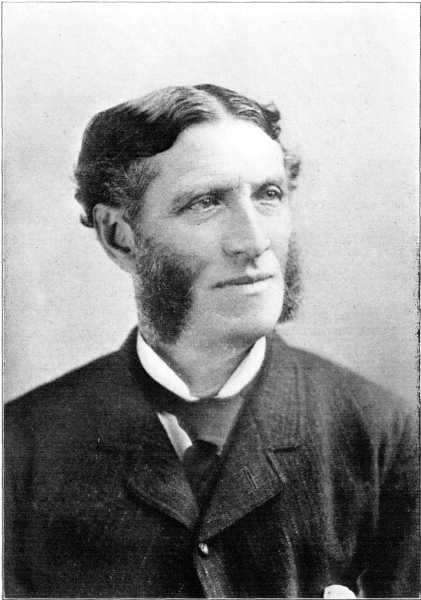Matthew Arnold słynne cytaty
„Bóg nie może być wszędzie, dlatego wynalazł matkę.”
Źródło: Leksykon złotych myśli, wyboru dokonał Krzysztof Nowak, Warszawa 1998.
[Poetry] a critisism of life under the conditions fixed for such a critisism by the laws of poetic truth and poetic beauty. (ang.)
Źródło: The Study of Poetry, 1880
Matthew Arnold: Cytaty po angielsku
"Stanzas in Memory of the Author of "Obermann"" (1852), st. 24
The Functions of Criticism at the Present Time (1864)
Preface to the Second Edition (1869)
Essays in Criticism (1865)
Preface
Literature and Dogma (1873)
Źródło: Culture and Anarchy (1869), Ch. III, Barbarians, Philistines, Populace
" On the Study of Celtic Literature http://www.sacred-texts.com/neu/celt/scl/index.htm" (1867), Pt. 6
Stanzas from the Grande Chartreuse (1855)
“The day in his hotness,
The strife with the palm;
The night in her silence,
The stars in their calm.”
Act II
Empedocles on Etna (1852)
Źródło: Culture and Anarchy (1869), Ch. I, Sweetness and Light
“The Celts certainly have it in a wonderful measure.”
Referring to style, in On the Study of Celtic Literature (1867), Pt. 6
" Civilization in the United States http://etext.virginia.edu/etcbin/toccer-new2?id=ArnCivi.sgm&images=images/modeng&data=/texts/english/modeng/parsed&tag=public&part=all" (1888)
"St. Paul and Protestantism" (1870)
Źródło: Literature and Dogma (1873), Ch. 1
“To thee only God granted
A heart ever new:
To all always open;
To all always true.”
"Switzerland", IV. "Parting" (1853)
“Coleridge, poet and philosopher wrecked in a mist of opium.”
Byron
Essays in Criticism, second series (1888)
“I keep saying, Shakspeare, Shakspeare, you are as obscure as life is.”
Letter to Arthur Hugh Clough (ca. 6 December 1847)
Alternate spelling used
" Poor Matthias http://www.flippyscatpage.com/frompoormatthias.html" (1867)
